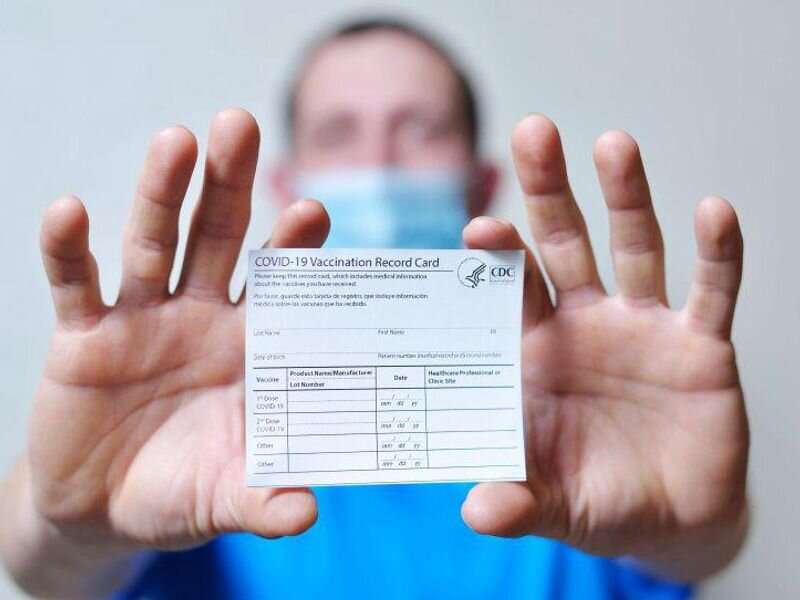It is likely that the United States will achieve President Joe Biden's target of having at least one dose of a COVID-19 vaccine into the arms of 70 percent of adults by July 4, but there could be challenges later in the year.
Biden's goal, which was announced Tuesday, may be reached as soon as the end of May, with 185 million Americans—88 percent of the adult population—likely to be vaccinated by September, according to the Institute for Health Metrics and Evaluation (IHME) at the University of Washington, CNN reported.
However, vaccine demand may then start to wane due to vaccine hesitancy, the institute suggested. That may hamper efforts to achieve immunity—either through vaccination or previous infection—in 70 to 85 percent of the total U.S. population, a rate that experts say is required to control the spread of the new coronavirus, CNN reported. If that level of immunity is not reached, it could open the door for new variants to cause virus transmission to "rapidly and explosively" rise, the IHME noted.
Strategies that could encourage more people to get vaccinated include incentives, conveniences, and requirements such as cash, workplace clinics, and mandatory shots for certain situations, the findings of a Kaiser Family Foundation poll of more than 2,000 adults published Thursday suggest.
For example, three in 10 respondents who do not want to get vaccinated immediately said they would be more likely to do so if vaccination was available somewhere they normally go for health care or if they only needed one dose. Others said they would respond to employer benefits such as paid time off for the vaccine and recovery and financial incentives, or if vaccination was required for flying, international travel, or attending sports events and other large gatherings, CNN reported.
More information: CNN Article
Copyright © 2021 HealthDay. All rights reserved.
























